California Cell Phone Reimbursement Law: Stop Two-Device MFA Costs
The shift to remote work, expedited by the COVID-19 pandemic, has led to a surge in employees trading corporate cubicles for the comfort of their own homes. This evolution, while convenient for many, comes with a unique set of challenges for businesses, particularly in California.
The novel challenge in California
You might be wondering, "Challenges? Even when employees are at home?" It's true! Consider this: employees like your team's star accountant, let's call him Bob, are likely using personal resources such as cell phones and home internet connections for work. Now, California law states that employers must reimburse a reasonable portion of these costs, even if Bob's business use doesn't increase his personal expenses. That's a novel challenge to crack for businesses.
By law, even if employees, like our friend Bob, do not incur additional expenses associated with working remotely, employers are still required to reimburse for a reasonable portion of the employee's cell phone and internet plans. That's right, even if Bob's personal plan costs remain static, a portion of his internet and cell phone costs become a business expense. This is due to the fact that the use of personal resources for business purposes is often not just convenient but necessary.
The intricacies of this legislation indicate that it's not just about the additional expenses incurred, but the overall usage of personal resources for business purposes that needs to be considered. This is a crucial element to understand as we strive to find a balance in the remote work ecosystem.
Just when you thought you'd got to grips with this, there's another twist in the tale - cybersecurity. As Bob and his peers utilize their personal devices for work, the risk of a cyber attack becomes ever more present. This leaves companies with the task of maintaining fiscal responsibility while also securing their data.
The cost of two-device MFA
In a world increasingly wary of cyber threats, many companies use two device MFA as a security measure to protect their data. But here's the catch—under the California law we just discussed, this approach might trigger unexpected costs.
When employees use personal devices for MFA, costs associated with data usage, wear and tear, and even potential replacement of these devices could all come into play. Companies that use solutions like Duo, can be charged every time an employee logs into their applications. This could cause their costs to skyrocket. What seems like a reasonable security measure can inadvertently become a financial strain for both employees and the business.
Imagine being charged every time an employee logs in to an application using two-device MFA on their own personal phone. Multiply that by the number of employees, applications, and the frequency of logins, and you could see costs quickly spiral out of control.
The solution: one-device MFA from Beyond Identity
Enter Beyond Identity. We offer a solution that tackles these challenges head on. Our technology allows for a frictionless, phishing-resistant MFA that greatly enhances your cybersecurity framework. And the best part? It only requires one device. This not only simplifies the process for your employees but also assists in managing the costs associated with remote work, aligning perfectly with the needs of our ever-evolving digital workspace. By limiting the need for multiple personal devices, Beyond Identity can help you maintain a secure, efficient, and cost-effective operation.
Transitioning to remote work isn't merely about swapping office attire for loungewear. It involves a delicate balance between managing new expenses, fortifying cybersecurity, and ensuring operational efficiency. Seeking a solution that strikes this fine balance? Beyond Identity might be just the partner you need. Offering a robust, user-friendly MFA solution, they could be the key to navigating this complex landscape.
Why not see it in action? Book a demo today, and explore how Beyond Identity could be the missing piece in your remote work puzzle.
The shift to remote work, expedited by the COVID-19 pandemic, has led to a surge in employees trading corporate cubicles for the comfort of their own homes. This evolution, while convenient for many, comes with a unique set of challenges for businesses, particularly in California.
The novel challenge in California
You might be wondering, "Challenges? Even when employees are at home?" It's true! Consider this: employees like your team's star accountant, let's call him Bob, are likely using personal resources such as cell phones and home internet connections for work. Now, California law states that employers must reimburse a reasonable portion of these costs, even if Bob's business use doesn't increase his personal expenses. That's a novel challenge to crack for businesses.
By law, even if employees, like our friend Bob, do not incur additional expenses associated with working remotely, employers are still required to reimburse for a reasonable portion of the employee's cell phone and internet plans. That's right, even if Bob's personal plan costs remain static, a portion of his internet and cell phone costs become a business expense. This is due to the fact that the use of personal resources for business purposes is often not just convenient but necessary.
The intricacies of this legislation indicate that it's not just about the additional expenses incurred, but the overall usage of personal resources for business purposes that needs to be considered. This is a crucial element to understand as we strive to find a balance in the remote work ecosystem.
Just when you thought you'd got to grips with this, there's another twist in the tale - cybersecurity. As Bob and his peers utilize their personal devices for work, the risk of a cyber attack becomes ever more present. This leaves companies with the task of maintaining fiscal responsibility while also securing their data.
The cost of two-device MFA
In a world increasingly wary of cyber threats, many companies use two device MFA as a security measure to protect their data. But here's the catch—under the California law we just discussed, this approach might trigger unexpected costs.
When employees use personal devices for MFA, costs associated with data usage, wear and tear, and even potential replacement of these devices could all come into play. Companies that use solutions like Duo, can be charged every time an employee logs into their applications. This could cause their costs to skyrocket. What seems like a reasonable security measure can inadvertently become a financial strain for both employees and the business.
Imagine being charged every time an employee logs in to an application using two-device MFA on their own personal phone. Multiply that by the number of employees, applications, and the frequency of logins, and you could see costs quickly spiral out of control.
The solution: one-device MFA from Beyond Identity
Enter Beyond Identity. We offer a solution that tackles these challenges head on. Our technology allows for a frictionless, phishing-resistant MFA that greatly enhances your cybersecurity framework. And the best part? It only requires one device. This not only simplifies the process for your employees but also assists in managing the costs associated with remote work, aligning perfectly with the needs of our ever-evolving digital workspace. By limiting the need for multiple personal devices, Beyond Identity can help you maintain a secure, efficient, and cost-effective operation.
Transitioning to remote work isn't merely about swapping office attire for loungewear. It involves a delicate balance between managing new expenses, fortifying cybersecurity, and ensuring operational efficiency. Seeking a solution that strikes this fine balance? Beyond Identity might be just the partner you need. Offering a robust, user-friendly MFA solution, they could be the key to navigating this complex landscape.
Why not see it in action? Book a demo today, and explore how Beyond Identity could be the missing piece in your remote work puzzle.
The shift to remote work, expedited by the COVID-19 pandemic, has led to a surge in employees trading corporate cubicles for the comfort of their own homes. This evolution, while convenient for many, comes with a unique set of challenges for businesses, particularly in California.
The novel challenge in California
You might be wondering, "Challenges? Even when employees are at home?" It's true! Consider this: employees like your team's star accountant, let's call him Bob, are likely using personal resources such as cell phones and home internet connections for work. Now, California law states that employers must reimburse a reasonable portion of these costs, even if Bob's business use doesn't increase his personal expenses. That's a novel challenge to crack for businesses.
By law, even if employees, like our friend Bob, do not incur additional expenses associated with working remotely, employers are still required to reimburse for a reasonable portion of the employee's cell phone and internet plans. That's right, even if Bob's personal plan costs remain static, a portion of his internet and cell phone costs become a business expense. This is due to the fact that the use of personal resources for business purposes is often not just convenient but necessary.
The intricacies of this legislation indicate that it's not just about the additional expenses incurred, but the overall usage of personal resources for business purposes that needs to be considered. This is a crucial element to understand as we strive to find a balance in the remote work ecosystem.
Just when you thought you'd got to grips with this, there's another twist in the tale - cybersecurity. As Bob and his peers utilize their personal devices for work, the risk of a cyber attack becomes ever more present. This leaves companies with the task of maintaining fiscal responsibility while also securing their data.
The cost of two-device MFA
In a world increasingly wary of cyber threats, many companies use two device MFA as a security measure to protect their data. But here's the catch—under the California law we just discussed, this approach might trigger unexpected costs.
When employees use personal devices for MFA, costs associated with data usage, wear and tear, and even potential replacement of these devices could all come into play. Companies that use solutions like Duo, can be charged every time an employee logs into their applications. This could cause their costs to skyrocket. What seems like a reasonable security measure can inadvertently become a financial strain for both employees and the business.
Imagine being charged every time an employee logs in to an application using two-device MFA on their own personal phone. Multiply that by the number of employees, applications, and the frequency of logins, and you could see costs quickly spiral out of control.
The solution: one-device MFA from Beyond Identity
Enter Beyond Identity. We offer a solution that tackles these challenges head on. Our technology allows for a frictionless, phishing-resistant MFA that greatly enhances your cybersecurity framework. And the best part? It only requires one device. This not only simplifies the process for your employees but also assists in managing the costs associated with remote work, aligning perfectly with the needs of our ever-evolving digital workspace. By limiting the need for multiple personal devices, Beyond Identity can help you maintain a secure, efficient, and cost-effective operation.
Transitioning to remote work isn't merely about swapping office attire for loungewear. It involves a delicate balance between managing new expenses, fortifying cybersecurity, and ensuring operational efficiency. Seeking a solution that strikes this fine balance? Beyond Identity might be just the partner you need. Offering a robust, user-friendly MFA solution, they could be the key to navigating this complex landscape.
Why not see it in action? Book a demo today, and explore how Beyond Identity could be the missing piece in your remote work puzzle.






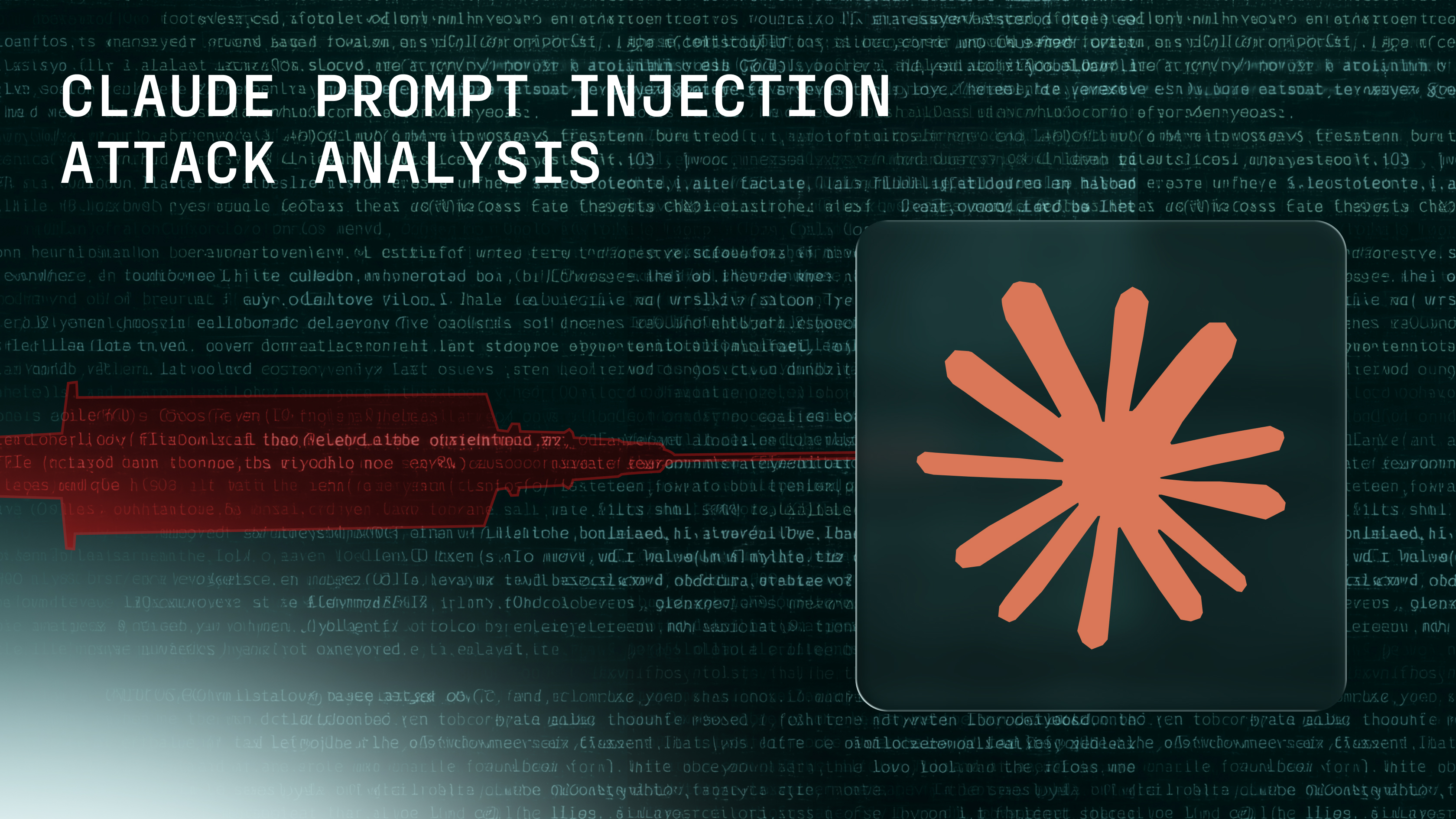


.avif)
.avif)

.avif)
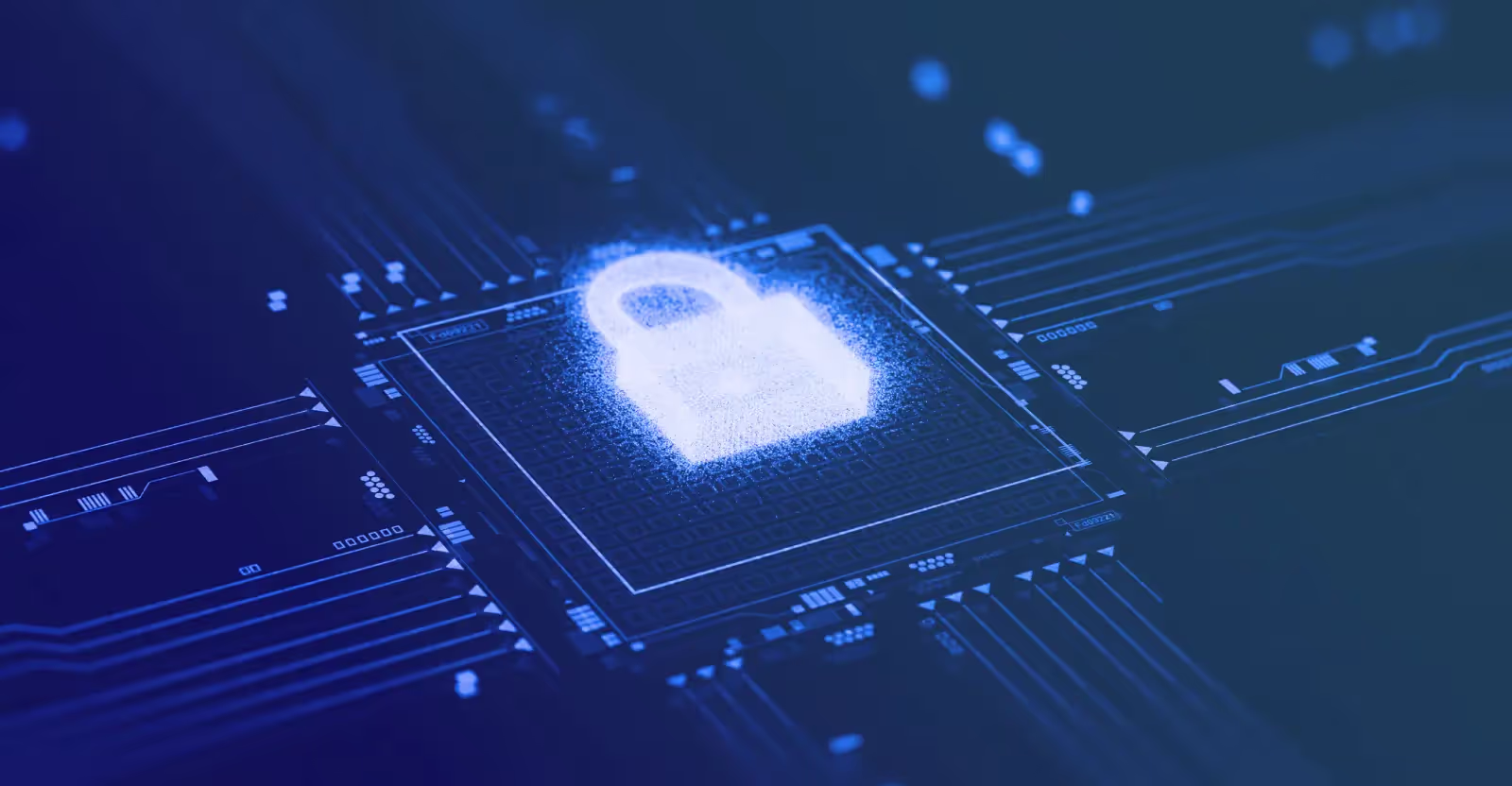
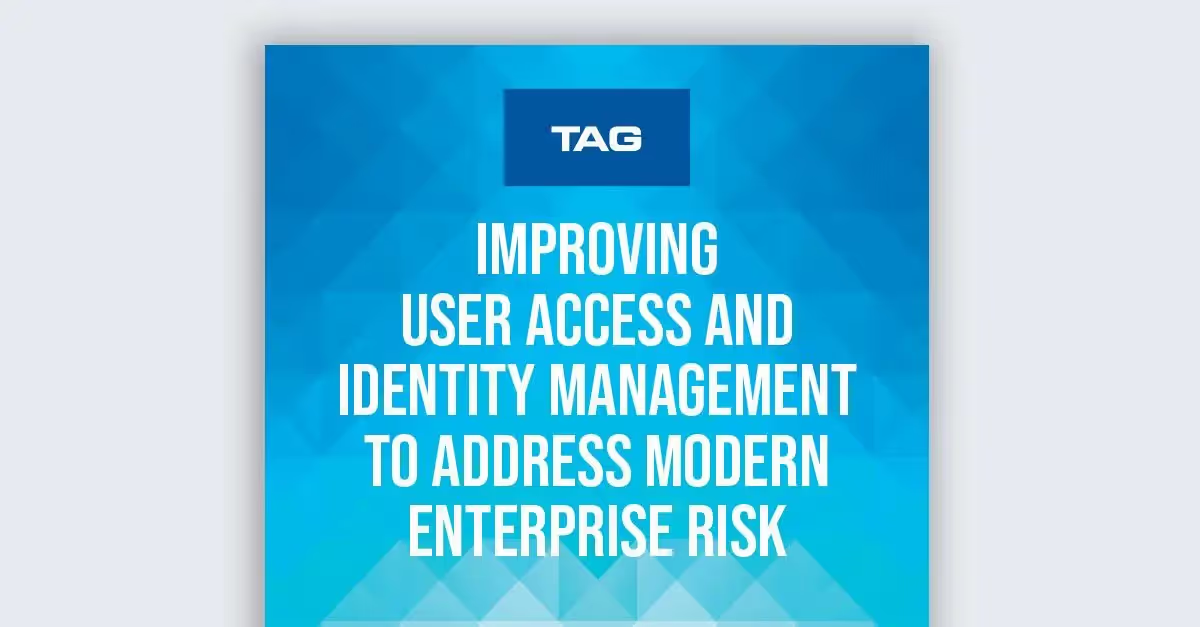

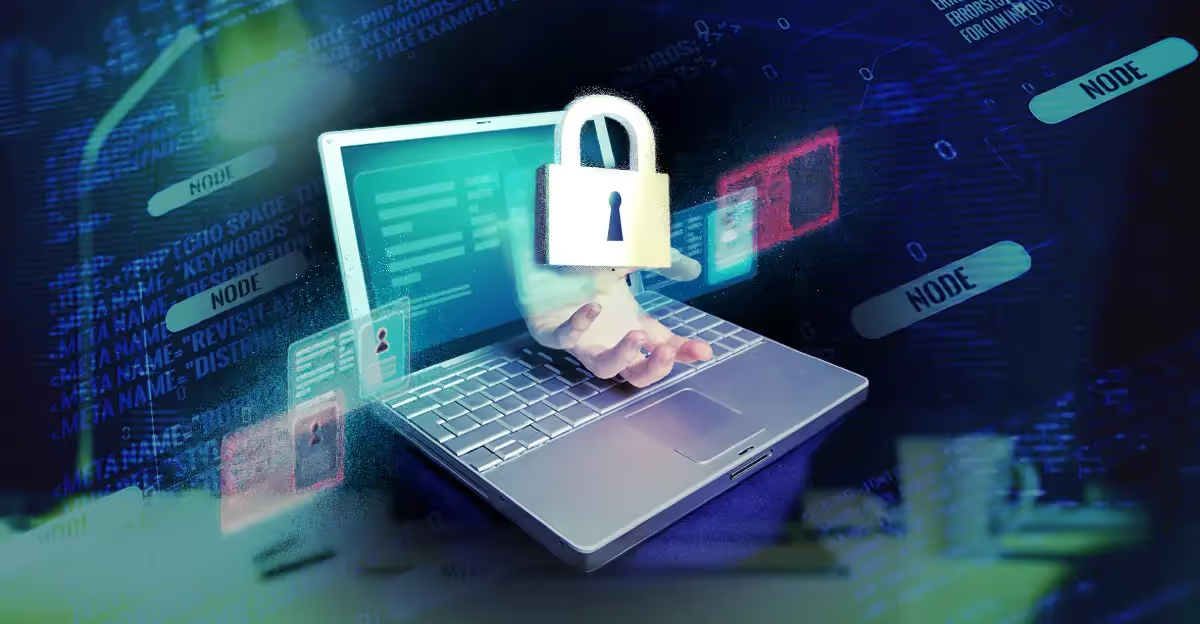


.avif)

